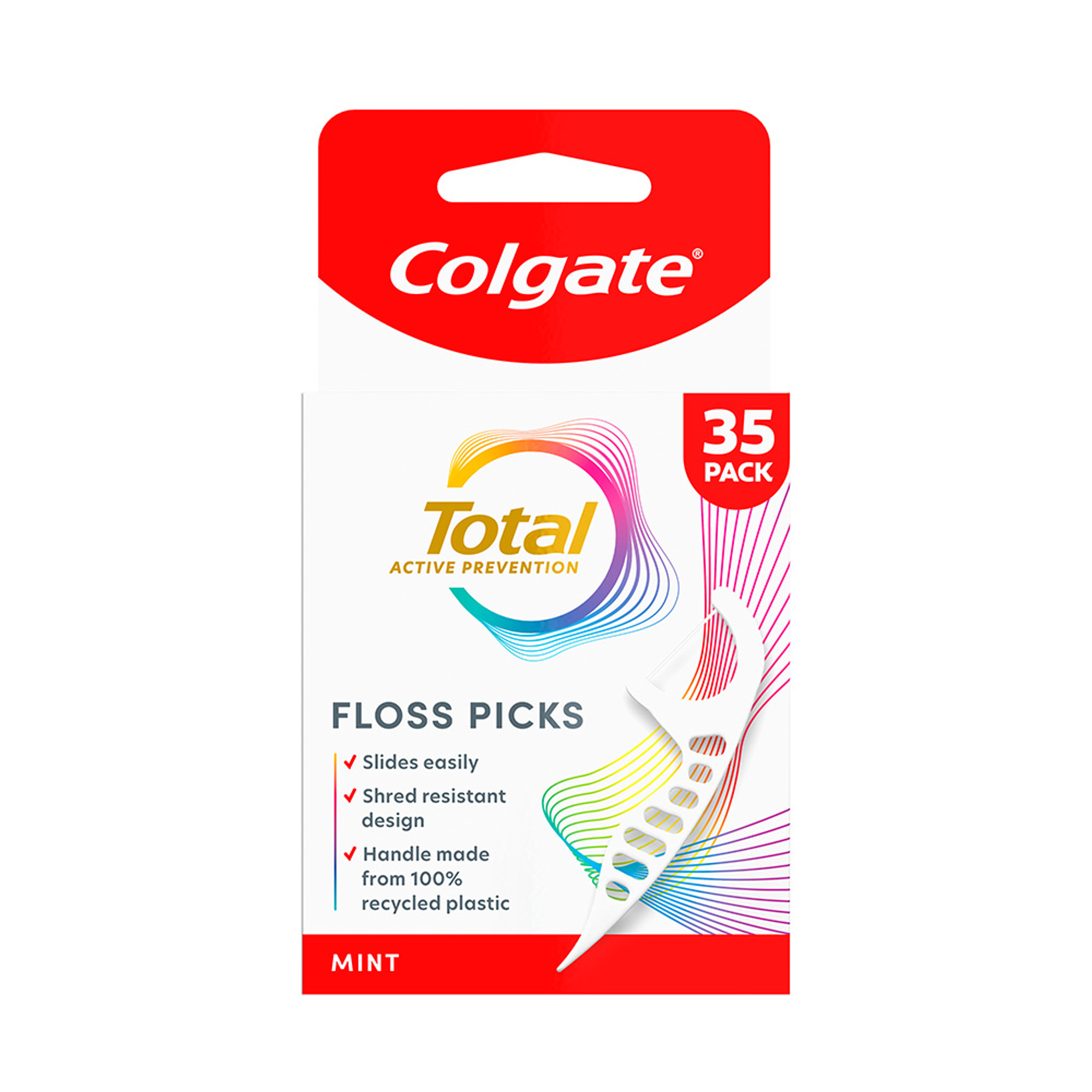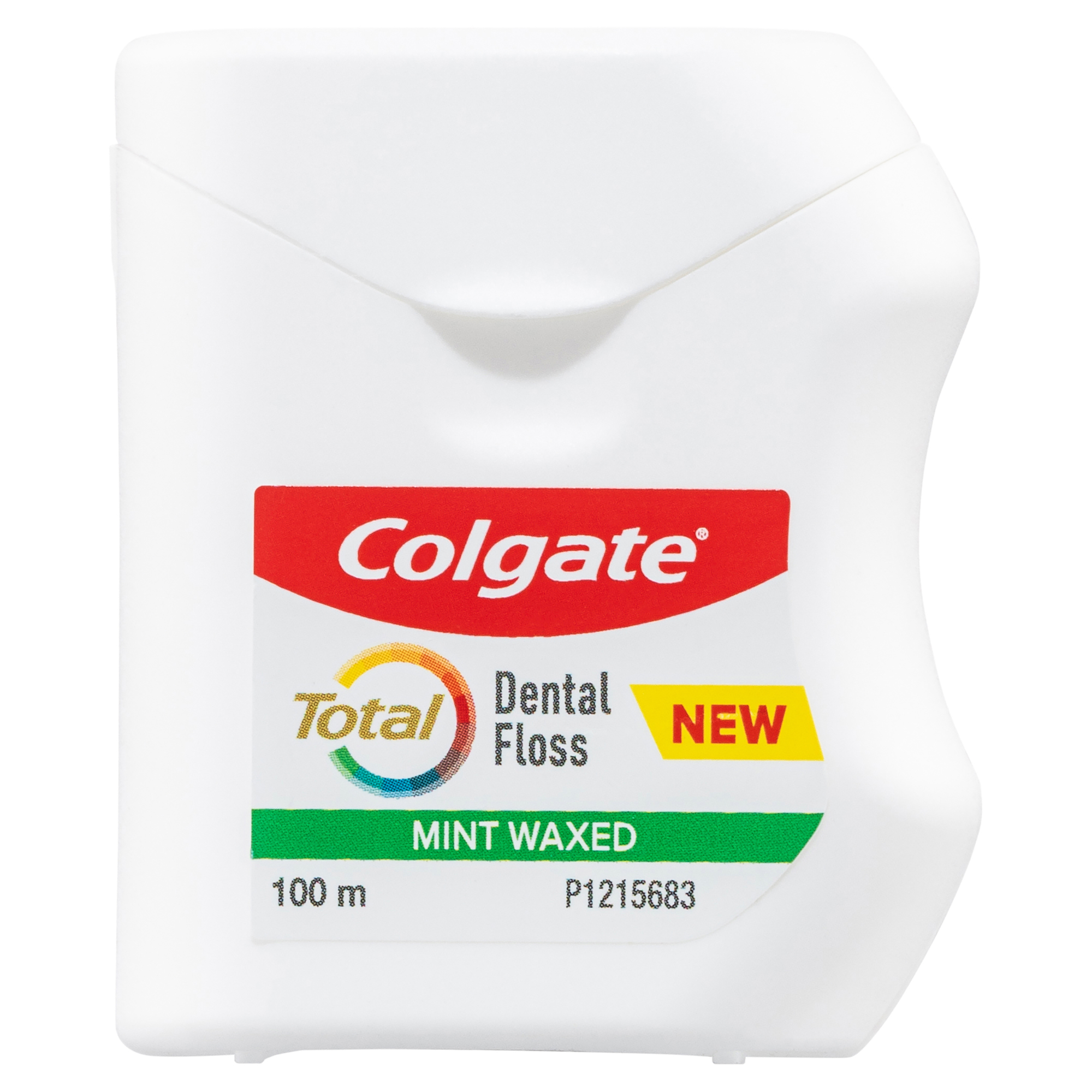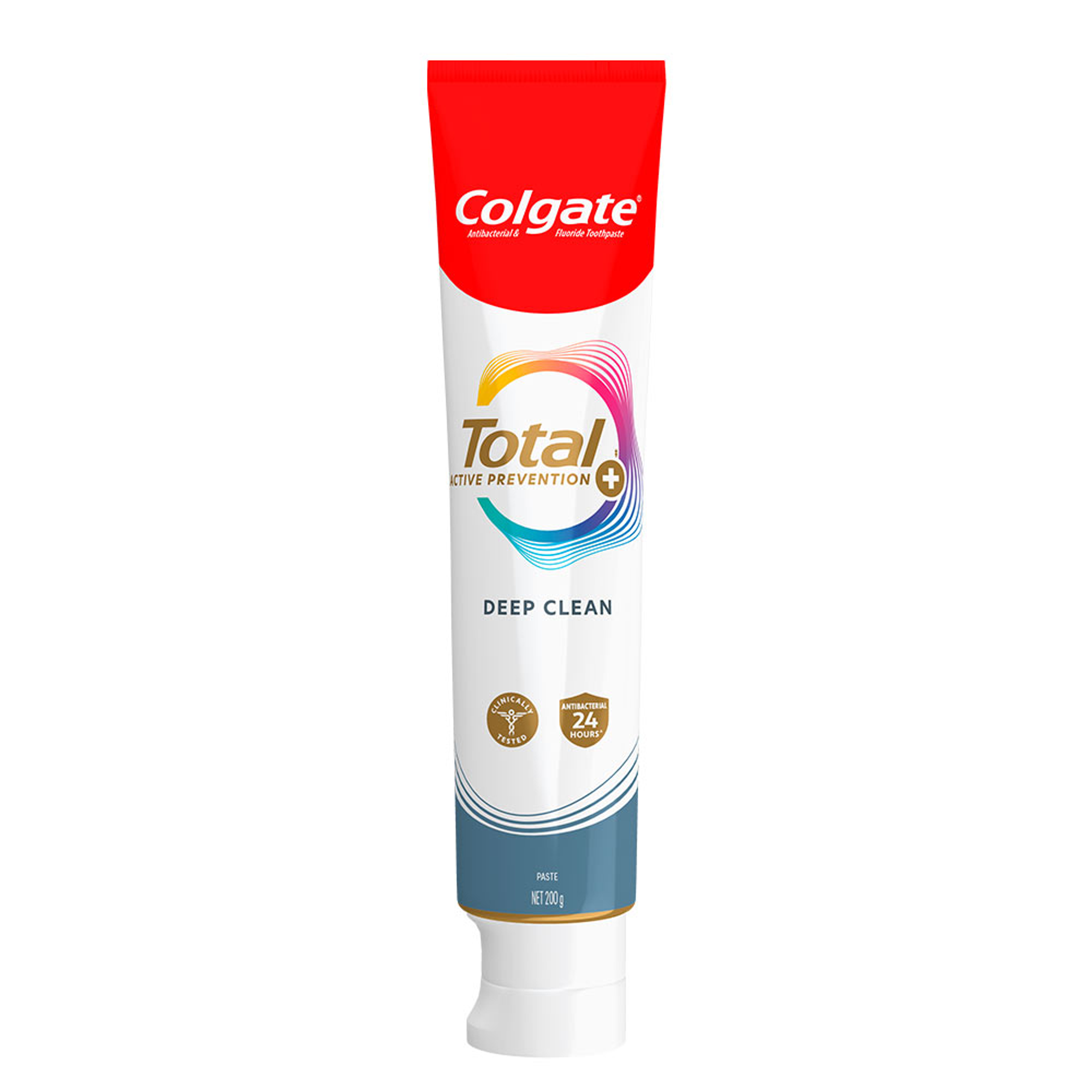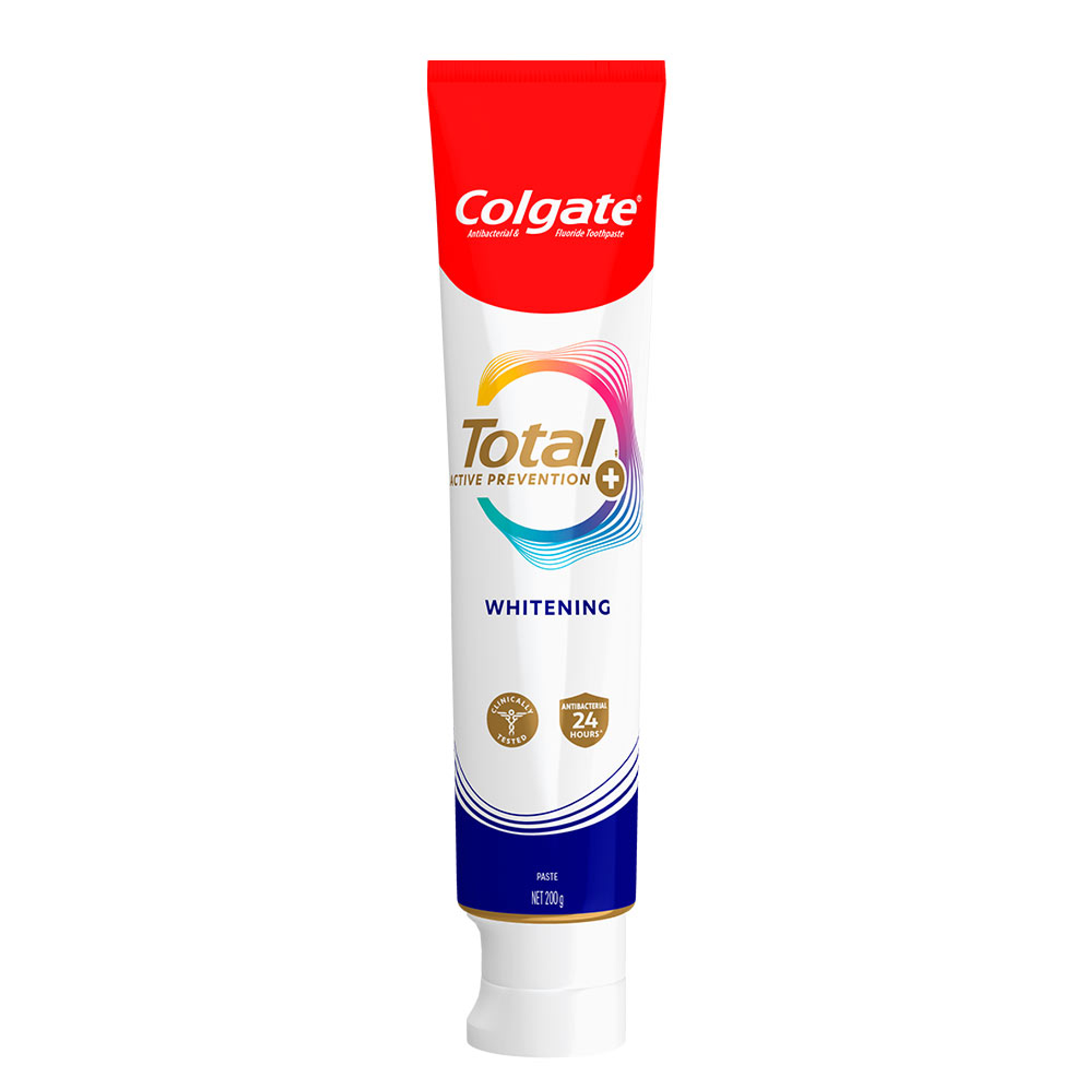-
-

BRUSHING & FLOSSING
How to BrushWhat Is the Right Way to Brush?
Proper brushing takes at least two minutes — that's right, 120 seconds!...

BRUSHING & FLOSSING
How To FlossWhat is the Right Way to Floss?
Proper flossing removes plaque and food particles in places where a toothbrush cannot easily reach... -
Science & Innovation
- Home
- Oral Health
- Protecting Your Enamel & Preventing Tooth Decay


Are Cavities a Disease?
We often use the terms “cavity” and “tooth decay” interchangeably, and we don’t tend to think of either as a disease. In reality, tooth decay is actually a disease called dental caries.
Tooth decay/caries goes through several stages before a cavity (hole) forms in the tooth, so you can have tooth decay/caries even if you can’t see a cavity. The bacteria responsible for tooth decay are most often transmitted from mother to child in the first years of life. According to this article published in the Australian Dental Journal (page 95), mothers with high levels of this bacteria in their saliva are more likely to transmit the disease to their children by sharing a utensil, kissing or otherwise sharing saliva (e.g. sucking on a dropped dummy to clean it). Once these bacteria are present in a child's mouth, the potential for disease is chronic and unlikely to ever completely disappear.
However, even the presence of decay-causing bacteria does not doom you to cavity-ridden teeth. A combination of good oral care and a good diet can keep your teeth strong.
Preventing Tooth Decay Disease
Tooth decay is entirely preventable. If caught in the early stages, decay can be stopped or even reversed before a cavity forms. There are a number of simple things you can do to reduce your risk:
- Brush twice and floss once daily using proper brushing and flossing techniques.
- Use a toothpaste and mouth rinse with fluoride to help strengthen enamel.
- Avoid eating sweet or starchy snacks between meals. The harmful bacteria in your mouth feed off these foods and thrive when they are present.
- Chew sugarless gum flavoured with xylitol to clean your teeth when you can't brush. This reduces the plaque bacteria in your mouth and stimulates the flow of protective saliva.
- Avoid beverages that can damage your enamel, such as soft drinks, sports drinks and acidic fruit juices.
- See your dental professional regularly for check-ups and cleanings.
Taking care of your teeth on a daily basis can prevent tooth decay and cavities from forming and leave you with a healthy smile that will last a lifetime.
Related Articles

We know that dairy keeps your bones strong and healthy, but is milk good for your teeth? The answer is a resounding yes, and here's why.

You take your child to their dental appointment, expecting smiles all around and a clean bill of health.

A dry mouth spray may be good option if you need short-term relief of dry mouth. Learn how sprays work and what you can do for longer-term solutions, here.
This article is intended to promote understanding of and knowledge about general oral health topics. It is not intended to be a substitute for professional advice, diagnosis or treatment. Always seek the advice of your dentist or other qualified healthcare provider with any questions you may have regarding a medical condition or treatment.
Related Products

Helping dental professionals
More professionals across the world trust Colgate. Find resources, products, and information to give your patients a healthier future








